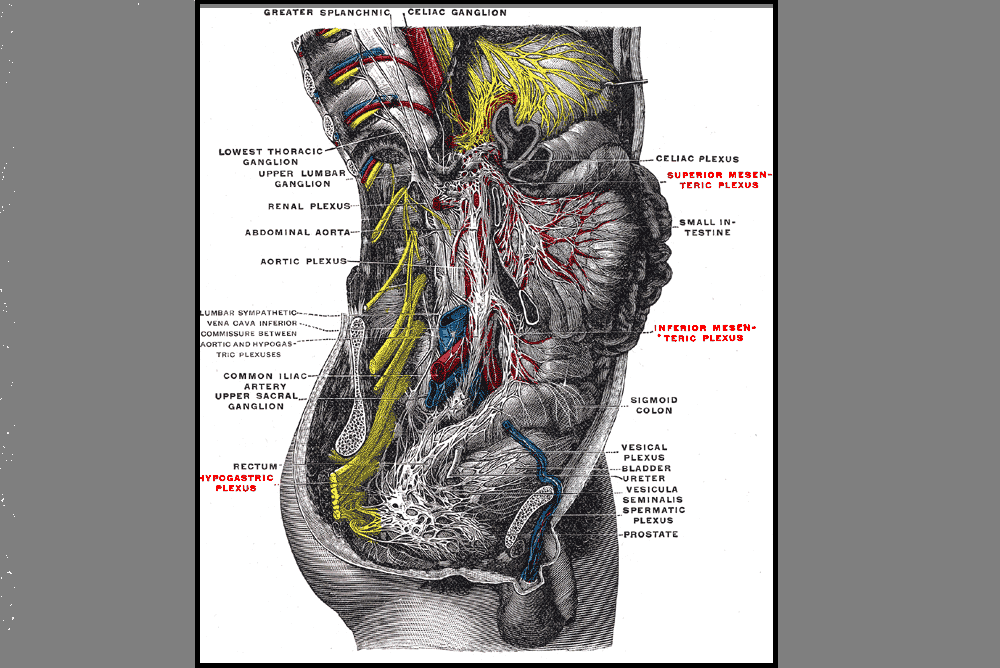Post Traumatic Stress Disorder and Mindfulness
Consider the significant numbers of patients who suffer from post traumatic stress disorder, or PTSD. In the pelvic rehabilitation setting, we can think of the patients who may have experienced abuse, a loss of a child, witnessing violence, or other potential precursor. We know from the literature that there is a correlation between traumatic events such as abuse and women who have pelvic pain, within the military population, and among women who experience birth trauma. How then, can we provide patients with self-management tools to address common challenges that accompany PTSD?
Research published online this month in the journal "Mindfulness" states that in patients exposed to trauma, "…those with relatively high levels of mindfulness skills tend to have lower levels of symptoms. The article highlights previous research that has described benefits of mindfulness skills as including decreased anxiety and depression. Mindfulness-based interventions, according to the article, focuses on the development of the skills of awareness (the ability to focus on the here and now, aware of both inner and outer experiences) and acceptance (having a curious, nonjudgmental and open attitude.)
In this study, 101 patients diagnosed by a psychiatrist or psychologist with PTSD completed questionnaires including the Mini-International Neuropsychiatric Interview. The authors found skills in mindfulness correlated negatively with severity of symptoms and with "reactivity" or a tendency to respond with anxiety or depressive thoughts in response to stress. These positive relationships between mindfulness skills and symptoms of PTSD may have a significant impact on many of our patients who suffer from a variety of dysfunctions impacting health.
There is still time to sign up for Carolyn McManus's practical course on mindfulness training. Keep in mind that all therapists (not just pelvic rehab providers) will find this course immediately applicable to their caseload. Join us this November in Seattle for our new offering: Mindfulness-Based Biopsychosocial Approach to Chronic Pain.
By accepting you will be accessing a service provided by a third-party external to https://hermanwallace.com./








































